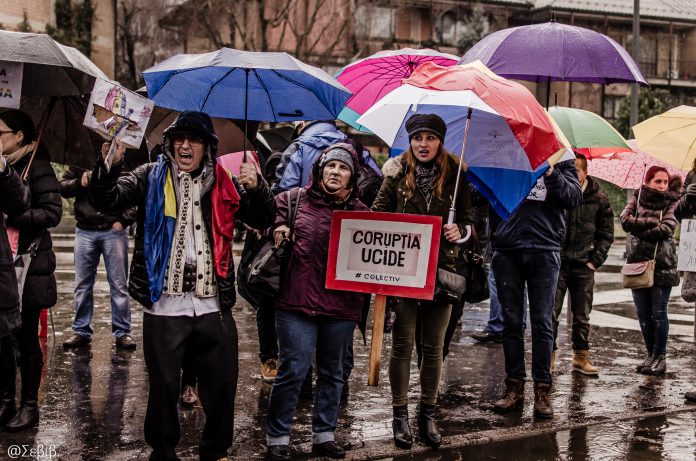As many as 100,000 Romanians took to the streets of Bucharest and other towns across the country to protest the ruling coalition of the Social Democratic Party (PSD) and its smaller partner ALDE, on January 20. They are dissatisfied with how their country is being governed.
As reported by Deutsche Welle (DW), Germany’s international broadcaster, protesters were angered in particular by a series of proposed amendments: Suspects would be present at a victim’s hearing in court; house searches and collection of evidence would only be possible after a suspect had been notified; video footage would be eliminated from investigations, and those suspected of corruption would be exempt from investigative custody.
Some members of parliament who are themselves facing problems with the law have pushed for a decriminalisation of abuse of power if the financial loss does not exceed a certain amount.
According to DW, even ethnic divides were forgotten on January 20 when members of the Hungarian minority who want an autonomous region joined the protests in Bucharest.
“We want justice – liars shouldn’t be in power,” Peter Eckstein-Kovacs, a member of UDMR, a political party representing the Hungarian minority in Romania, told DW.
Eckstein-Kovacs was one of the few politicians who were present at the mass protests. The demonstrators found locked doors when they approached the headquarters of the two parties who form the ruling coalition.
“In a situation like this, a politician’s place is among the people,” MEP Siegfried Muresan from the European People’s Party told DW. “Being a politician is only something temporary. First and foremost, you’re a citizen.”
In separate reports, the Associated Press (AP) and Reuters news agency noted that Transparency International ranks Romania among the EU’s most corrupt states.

